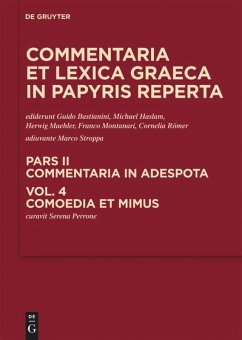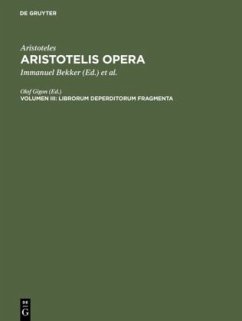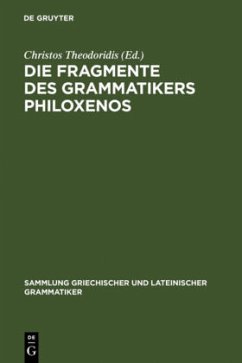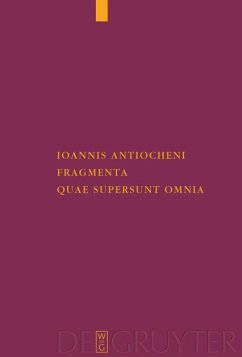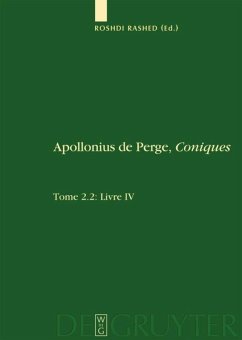
Kommentar zur 4. Philippischen Rede des Demosthenes

PAYBACK Punkte
0 °P sammeln!
Until 1901, most scholars regarded Demosthenes' last extant political speech in 341 B.C. either as not genuine or at best as an amalgam put together by a later editor. For this reason, it played a less important role in schools than later Demosthenian orations and fewer commentaries were written on it. The present study therefore meets the need for a critical commentary which examines linguistic, rhetorical and historical aspects. It also sheds light on the political situation on the eve of the decisive battle between Athens and the Macedon King Philip II.
Die letzte erhaltene Staatsrede des Demosthenes aus dem Jahr 341 v. Chr. galt bis 1901 den meisten Gelehrten als unecht oder bestenfalls von einem späteren Redakteur aus demosthenischen Stücken zusammengestellt. Sie spielte daher im Schulunterricht eine geringere Rolle als die späteren demosthenischen Demegorien und wurde entsprechend wenig kommentiert. Die vorliegende Arbeit erfüllt daher das Desiderat eines wissenschaftlichen Kommentars, der sprachliche, rhetorische und historische Aspekte untersucht. Auch die Politik am Vorabend des entscheidenden Krieges zwischen Athen und dem Makedonenkönig Philipp II. wird beleuchtet.





